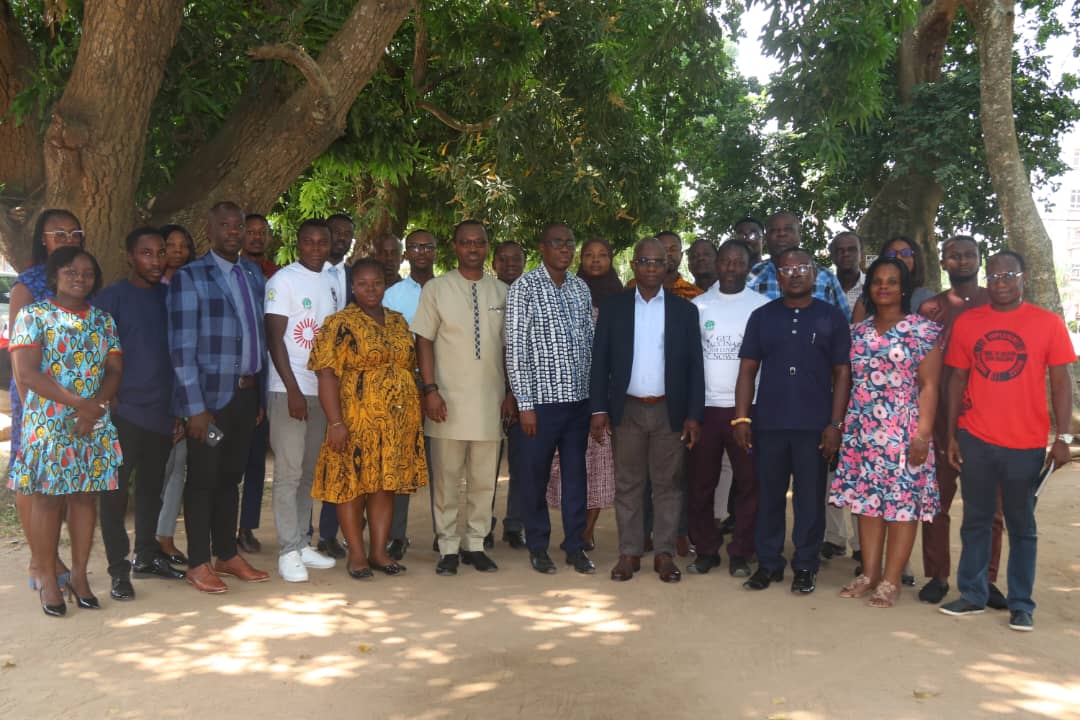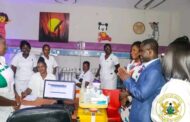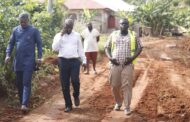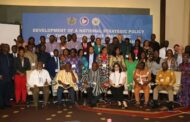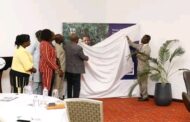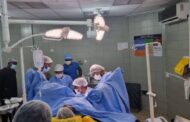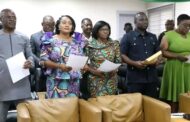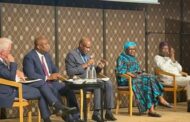The Ghana Health Service (GHS) has commended the Ark Development Organization and Anesvad Foundation for their significant efforts in combating Skin Neglected Tropical Diseases (NTDs) in the Eastern Region.
The Partnership for the Eradication of Skin NTDs Project, launched in 2023, is a two-year initiative aimed at tackling diseases such as Buruli Ulcer, Leprosy, Yaws, and Lymphatic Filariasis in the targeted districts.
As part of the Partnership for the Eradication of Skin NTDs Project, a total of 1,453 suspected cases were recorded across four districts—Upper Manya, West Akim, Fanteakwa North, and Suhum—during the project’s implementation.Whereas few of the cases have been confirmed, results of majority of the cases are yet to be released by Noguchi Memorial Institute
Suhum reported the highest number of cases, recording 604 infections, representing 41.7% of the total cases identified.
Out of the total cases, 453 patients received direct wound care, while 1,000 were referred to hospitals for further treatment. Unfortunately, five individuals lost their lives, and three others underwent amputations due to severe complications from their conditions.
The project also revealed that 238 children under 18 years diagnosed with Skin NTDs were unable to attend school, raising concerns about the impact of the disease on education and child development.
To address misconceptions—where some communities believe Skin NTDs are caused by spiritual curses, leading to affected individuals being isolated in homes, shrines, or prayer camps—the project implemented extensive awareness campaigns in schools and communities.
Additionally, four mechanized boreholes were constructed in communities without access to safe drinking water, benefiting over 2,000 people and improving hygiene and disease prevention.
Challenges Identified by GHS
t a review and closeout meeting marking the completion of the project’s first phase, the Ghana Health Service identified key challenges affecting the fight against Skin NTDs in the Eastern Region.
Absence of dermatologists in the region to provide specialized care,delays in confirming suspected cases, causing complications before patients receive appropriate treatment are some key challenges.
According to Dr. Winfred Ofosu, Eastern Regional Director of GHS, the major challenges include inadequate diagnostic tools.
“I believe what you can do is to prompt them [Anesvad] that GHS does not have sufficient diagnostic tools so they can provide those tools to specific regions where they are working to improve case detection and diagnosis,” Dr. Winifred Ofosu, Eastern Regional Director of GHS stated.
Emmanuel Kwarfo Minta, Executive Director of Ark Development Organization, announced that the second phase of the project starting 2025 to 2027 will focus on:increased case detection and treatment, advocacy and community engagement, and expanding access to safe water supply.
Despite the progress made, funding constraints from the government remain a major challenge in the fight against Skin NTDs.
As Ghana works towards achieving Sustainable Development Goal (SDG) 3, which focuses on good health and well-being, experts emphasize that the fight against Skin NTDs requires greater investment, stronger collaboration, and improved healthcare infrastructure to ensure early detection and effective treatment.
Source:Mybrytfmonline.com/Obed Ansah



